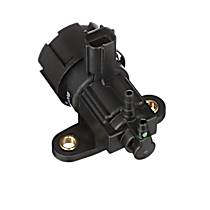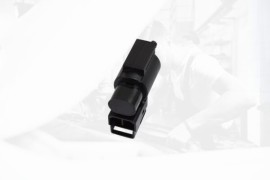{
"lazyNodes": false,
"abFitnotesFlag": false,
"abCrawlReviews": false,
"productOptionsCookie": false,
"orderDelayFlag": false,
"skipSessionCookie": false,
"covidMessage": false,
"fullTitleCookie": false,
"nrLoggerCookie": false,
"checkoutReviewCookie": false,
"productOptionSeqCookie": false,
"maintenanceFlag": false,
"bufferETACookie": false,
"multiShippingDiscountFlag": false,
"newFitmentFlag": false,
"surveyOptInFlag": false,
"crossSellFlag": false,
"skuMappingFlag": false,
"paySplitCookie": false,
"callDisableFlag": false,
"zipPaymentFlag": "u",
"hassleFreeReturn": false,
"lifetimeReplacement": false,
"cpn_off": false
}Need Help? Call Us1-866-529-0412
1998 Ford Explorer
1998 Ford Explorer EGR Vacuum Solenoids
Refine by:
Shop Catalog
Showing 1 - 1 of 1 results
Sort by:
Part Number: SIVS63
Guaranteed to Fit
$32.99
Vehicle Fitment
- 1998 Ford Explorer All Submodels All Engines
Product Details
Warranty : 3-year or 36,000-mile Standard limited warrantyQuantity Sold : Sold individuallyProp 65 Warning :
![]() WARNING: This product can expose you to chemical which is known to the State of California to cause cancer and birth defects or other reproductive harm. For more information go to www.P65Warnings.ca.gov.
WARNING: This product can expose you to chemical which is known to the State of California to cause cancer and birth defects or other reproductive harm. For more information go to www.P65Warnings.ca.gov.
Page 1 of 1 | Showing 1 - 1 of 1 results
Popular Products

StandardStandard OE Replacement EGR Vacuum Solenoid - Direct Fit, Sold individuallyManufacturer #VS63
( Reviews) Questions, Answers
STANDARD OE REPLACEMENT EGR VACUUM SOLENOIDS
Restore your ride to full function with the OEM-grade quality assurance and standard-setting performance offered by Standard’s OE replacement EGR vacuum solenoids. Since 1919, Stan...
Product Questions & Answers
Q:Where exactly do you install the egr solenoid? I can’t find videos online Show Less
Ivan G.
A:BEST ANSWERHi Ivan,
I recommend reaching out to your local dealership, parts department. They may be able to help. Show less
Aldrin P.
2 Questions, 1 AnswerView all Q&As >
Helpful Automotive Resources
EGR Solenoid: Function, Symptoms, and FAQsThis solenoid lowers the combustion temperature, preventing heat damage to the engine block, head gasket, cylinder, and pistons. It also reduces the vehicle’s nitrogen oxide emissions. It essentially helps achieve the engine’s best performance, efficiency, and emissions.




